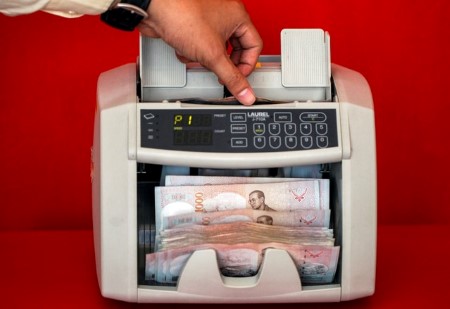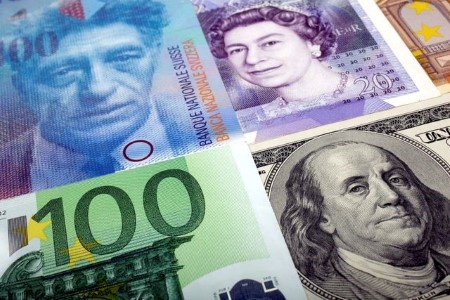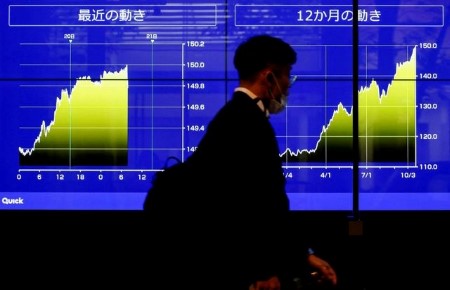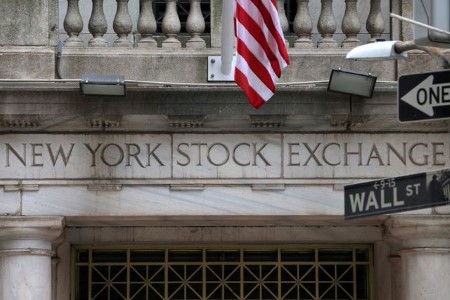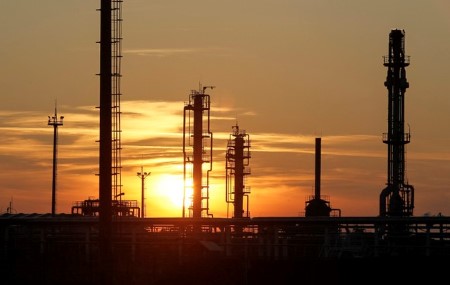Nov 16 (Reuters) – Shares of companies tied to former US President Donald Trump reversed course to fall on Wednesday, following a recent rally in the run-up to him launching a bid to regain the presidency in 2024.
Trump made the announcement on Tuesday, aiming to preempt potential Republican rivals, a week after midterm elections showed that the party had failed to win as many seats in Congress as it had hoped.
“The likelihood of a Trump victory has been slimmed after the Trump-supported candidates failed in the latest midterm elections. Therefore, I believe that the knee-jerk reaction will remain short-lived,” said Ipek Ozkardeskaya, senior analyst at Swissquote.
Shares of Digital World Acquisition Corp DWAC.O, the blank-check company looking to take Trump’s social media venture Truth Social public, fell 4.8% in early trading. The stock was 10% higher in premarket hours.
It was still the most trending ticker on retail investor-focused social media forum Stocktwits.
Earlier this week, DWAC reminded stockholders to vote in favor of extending the completion deadline for the proposed deal with Truth Social.
Software developer Phunware Inc., which was hired by Trump’s 2020 presidential re-election campaign to build a phone app, shed 10.6%.
Rumble Inc., a Canadian video platform popular with conservatives, dropped 10.9%. Trump’s Truth Social said in August it would join Rumble’s new ad platform as its first publisher.
Artificial intelligence solutions company Remark Holdings, which has been linked to the former president on social media sites, fell 2.6%. Reuters could not independently verify the link between Trump and Remark.
Remark and Phunware had gained 5% and 13% before the opening bell.
(Reporting by Shreyashi Sanyal in Bengaluru; Editing by Devika Syamnath)







 DOWNLOAD
DOWNLOAD






